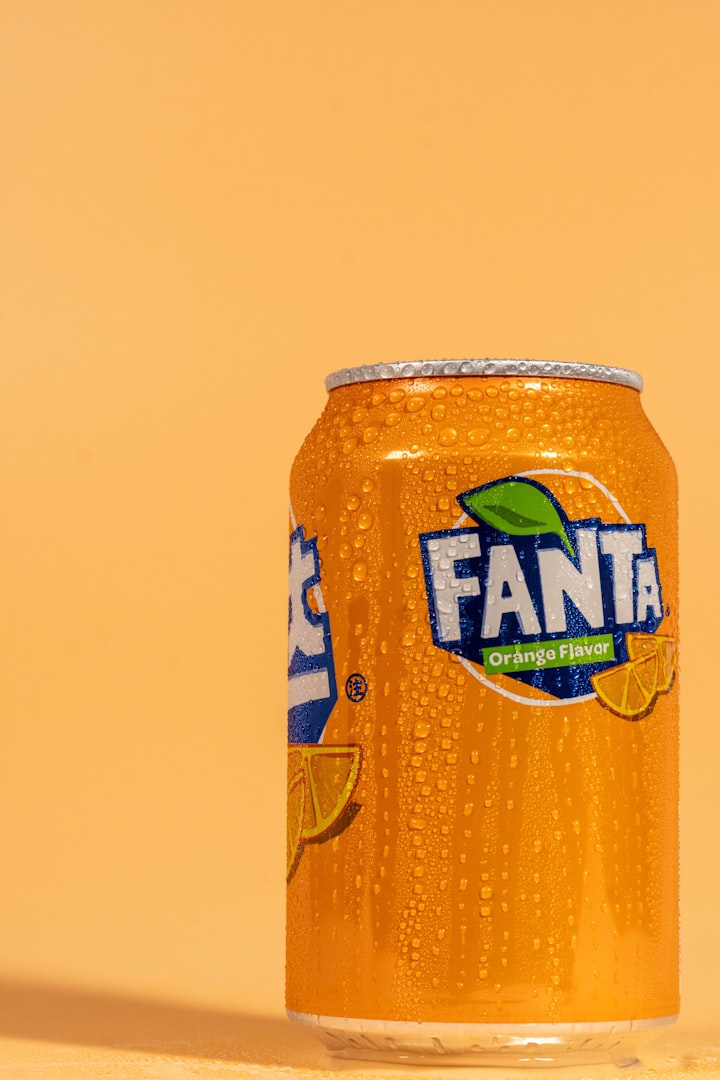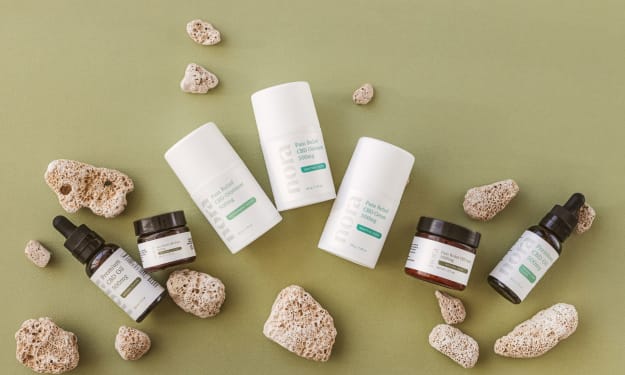Sweating ≠ fat loss
The more you sweat during exercise, the better?
In this summer, 40 degrees of heat, not moving are sweating more than, some people will be bitterly happy, consoling themselves that "the heat is okay, do not have to work out to be thin".
The fact is, you have to break your illusion and sweat more to reduce more. What you shed is water, and not fat. There is no cause-and-effect relationship between sweat and fat loss!
Sweat is the tears of fat crying", this phrase as a slogan is very positive, but from a scientific point of view is wrong, "how much sweat" does not mean "how much fat loss".

A. Why sweating ≠ fat loss?
1, sweating is not because the fat is burning, but in the cooling
Sweating is a way for the body to automatically regulate body temperature, heat will stimulate sweat gland activity, and sweat gland cell metabolism will produce sweat.
When the body temperature is too high, the body's water will appear in the form of sweat, the use evaporation to cool down, so that the body temperature is maintained within the normal range, to ensure the normal physiological functions of the human body.
Be content, this weather is hot, the road can fry eggs, and you just come out of sweat.
2, the water of sweat and fat water is okay
If the next time you participate in the marathon, may wish to observe the first half of the people around you, you will find nothing regular, not necessarily boys than girls sweat more, and not necessarily thin people than fat people sweat less.
This is because the degree of easy sweating and the amount of sweating is not determined by fat but by several reasons such as the number of sweat glands, body fluid content, body fat, and the ability to tolerate water loss.
Moreover, fat is consumed systemically, but when you exercise you may feel that your forehead, around your neck, under your chest, palms, etc. are the most prone to sweat or sweat particularly much, which cannot be interpreted as you are burning fat in these areas, right?
So, the "water" of sweat and fat "water" is not relevant, you sweat in a lot of places does not mean that there is crazy fat burning.
3, to lose fat, do not look at sweat to see calories
Sweating during exercise can indeed indicate that the body is producing heat and consuming energy, but more sweating does not mean greater energy consumption.
To achieve the purpose of fat loss, we must let the body's calorie consumption is greater than the intake, which is the highest guideline for fat loss.
Only when the calorie consumption is greater than the intake, the body fat will begin to metabolize, and the excess fat will be broken down and discharged from the body.
The effectiveness of fat loss depends on the calories, but you can't blindly let the calorie consumption is greater than the intake, you have to go based on metabolic balance to control the in and out of calories.
4, body fat rate is the most reliable proof of the fat loss effect
The same is fat loss, some people's weight drop quickly, and some people's weight may be reduced by half a kilogram, but this in no way indicates that the former fat loss success, the latter fat loss failure. To know how effective your efforts are, you have to look at the body fat percentage.
Body fat rate, also known as body fat percentage, refers to the proportion of fat weight in the total body weight of a person's body, which reflects the amount of fat content in the body.
Second, the disadvantages of sweating a lot
1, more passive sweating, indicating physical weakness
I often hear old people say that sweating is good, especially when it comes to the cold, they always say that covering the quilt more sweat will be good. Sweating more is a good phenomenon? It is not. If you exercise to make yourself sweat, it will be counterproductive. And obese people are more likely to sweat because of the lack of exercise, poor fitness, and more developed sweat glands.
2, sweat will take away the body's nutrients
A lot of sweating makes body fluids and electrolytes lost, if not replenished in time, it can cause a drop in blood volume, accelerated heart rate, lower sweat rate, reduced heat dissipation capacity, resulting in electrolyte disorders, PH imbalance, dehydration of the body, which can seriously lead to heat stroke, muscle cramps, kidney damage, and other adverse consequences.
Three, not according to the plan of exercise, your sweat is destined to flow in vain!
1, hydration is critical
The American College of Sports Medicine drinking water guidelines recommend that
1) hydration before exercise
At least 4h before exercise, drink 450-600ml of water or a sports drink.
10 - 15min before exercise, drink 200-350ml of water.
The intake of moderate amounts of sodium-containing drinks and snacks helps the body's need for water and keeps the body hydrated.
2) Hydration during exercise
Exercise less than 1h, every 15 - 20min exercise, and drink 100-200ml of water.
Exercise more than 1h, every 15 - 20min exercise, and drink 100-200ml of sports drink
(5 - 8% carbohydrates and electrolytes).
Also, drink no more than 1L per hour.
3) Post-exercise hydration
It is recommended to compare body weight before and after exercise and check urine color to estimate fluid loss.
Promptly rehydrate within 2h after exercise.
For every 500g reduction in body weight, drink 550-700ml of warm water or sports drink.
2、Master the frequency of exercise and combine the forms of exercise
1) Exercise frequency
According to the recommendations of the American College of Sports Medicine, the general frequency of exercise for normal healthy adults is 3-5 days a week, and the recommended daily exercise is 30-60 minutes. The upper limit of exercise time for a week is 14 hours, if you exceed this time limit, you must pay attention to give the body enough rest and buffer time.
If you are trying to lose weight, the time can be extended to 60-90 minutes per day, and the cumulative exercise time should not be less than 20 minutes per day. If the single exercise is less than 10 minutes, that basically can not achieve the effect of exercise.
2) Aerobic exercise
Want to exercise to lose weight with obvious results, aerobic exercise is essential. Aerobic exercise can directly decompose fat for energy supply and thus play a significant weight loss effect. But aerobic exercise must last for a certain period, 30-45 minutes is better. Jogging, swimming, cycling, fitness dance, etc. are all aerobic exercises that we can adhere to for a long time.
However, now more and more scientific research has found that exercise can be combined with a certain amount of muscle strength training, and the effect of weight loss will be better.
It is recommended that each time you exercise, after a full warm-up, you can first do 15-20 minutes of muscle strength training, and then do more than 30 minutes of aerobic exercise. This arrangement is to allow for anaerobic exercise to burn glycogen before aerobic exercise, and then aerobic exercise to burn fat, allowing weight loss with half the effort.
3) Increase your heart rate
When you feel your heart rate is low during exercise, you should increase the intensity of exercise at the right time to achieve better exercise results. Keeping a low heart rate for a long time will leave your body in a "restful" state, which will easily lead to "burnout" after not receiving stimulation.
Increase your heart rate when exercising and increase your aerobic training at medium to high intensity, which will contribute to your weight loss rate! In the weight loss period of exercise, grasp your exercise rhythm and exercise intensity, let your sweat worth and, let your weight loss is twice as hard.







Comments
There are no comments for this story
Be the first to respond and start the conversation.